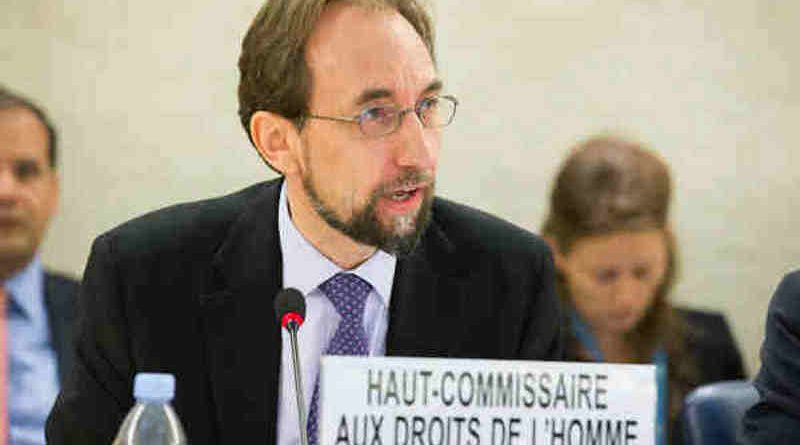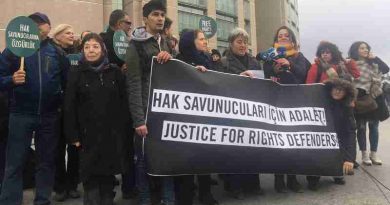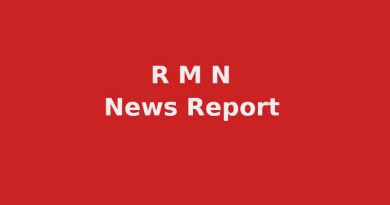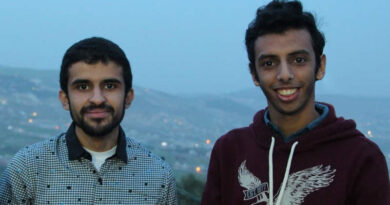Venezuela: Human Rights Violations Repress Political Dissent

A report by the UN Human Rights Office reveals that extensive human rights violations and abuses have been committed in the context of anti-Government protests in Venezuela.
The report points to “the existence of a policy to repress political dissent and instill fear in the population to curb demonstrations.
“The generalized and systematic use of excessive force during demonstrations and the arbitrary detention of protestors and perceived political opponents indicate that these were not the illegal or rogue acts of isolated officials,” the report says.
The report calls on the UN Human Rights Council to consider taking measures to prevent the human rights situation in Venezuela, currently a Council member, from worsening.
Analysis by the UN Human Rights Office indicates that of the 124 deaths linked to the protests being investigated by the Attorney General’s Office as of 31 July, the security forces were reportedly responsible for 46 and pro-Government armed groups, known as armed colectivos, for 27. Responsibility for the remaining 51 deaths has not yet been determined.
During the period covered by the report, 1 April to 31 July, the Attorney-General’s Office opened investigations into at least 1,958 cases of reported injuries in the context of demonstrations.
The report’s analysis of injuries shows the use of force progressively escalated. In the first half of April, the majority of injuries were from inhaling tear gas; by July, medical personnel were treating gunshot injuries.
“The policies pursued by the authorities in their response to the protests have been at the cost of Venezuelans’ rights and freedoms,” said UN High Commissioner for Human Rights Zeid Ra’ad Al Hussein.
According to estimates from a local NGO, more than 5,000 people were detained since 1 April, with more than 1,000 reportedly still held as of 31 July. At least 609 civilians arrested in the context of protests were presented before military tribunals. The report calls on the Government to halt arbitrary detention and the use of military courts to try civilians.
The report documents attacks against journalists and media workers by security forces that were apparently aimed at preventing them from covering demonstrations.
“Demonstrators and journalists were labelled by high-level authorities as ‘enemies’ and ‘terrorists’ – words that did little to counter, and may even have contributed to, the climate of violence and polarization,” the High Commissioner said.
While acknowledging that the number of demonstrations, detentions and deaths have decreased since 1 August, Zeid expressed concern about recent measures taken by authorities to criminalize leaders of the political opposition through the Commission of Truth, Justice and Peace.
The High Commissioner warned that amid continuing economic and social crises and rising political tensions, there is a grave risk the situation in Venezuela will deteriorate further.
As the Venezuelan Government did not respond to requests for access, a team of human rights investigators conducted remote monitoring from 6 June to 31 July.
The report is based on their analysis of the information they gathered, including through some 135 interviews with victims and their families, witnesses, civil society organisations, journalists, lawyers, doctors, first responders and the Attorney General’s Office.
💛 Support Independent Journalism
If you find RMN News useful, please consider supporting us.




